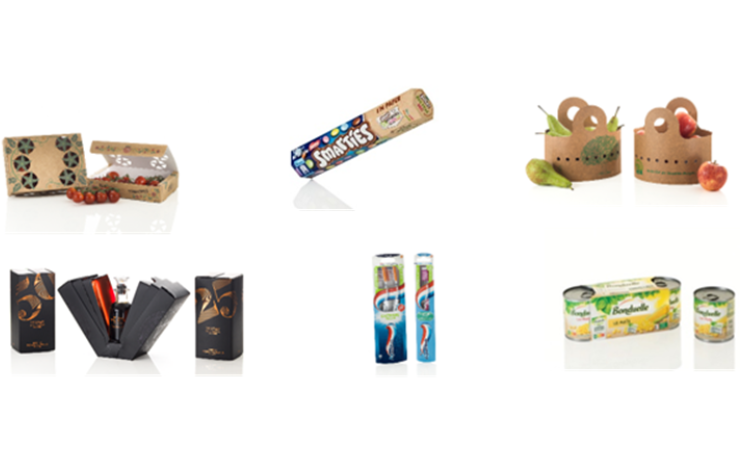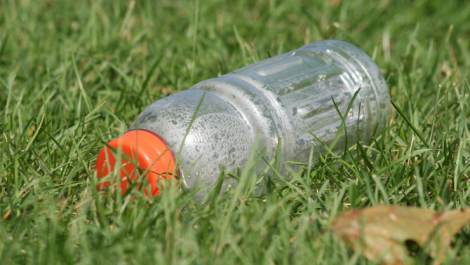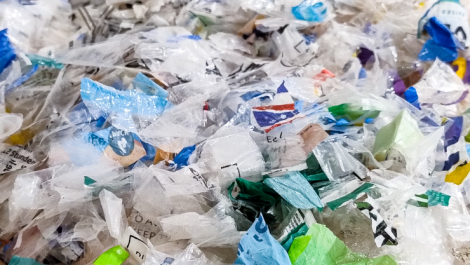Pro Carton, the European association for carton and cartonboard manufacturers, has detailed the findings of its recent EU Green Week themed roundtable, which featured a panel of industry experts from across the packaging supply chain.
The roundtable participants examined how the European Green Deal is impacting the packaging industry and the role of fibre-based packaging in the pursuit of a circular economy. Experts agreed that simple regulations on sorting and recycling are key to secure consumer understanding of recycling and packaging materials.
Featuring panellists from every stage of the supply chain, including Tiina Pursula, SVP sustainability, packaging materials division at Stora Enso; Monika Romenska, regulatory and public affairs manager, Expra; Klaus Hockl, managing director at Cardbox Packaging; and Winfried Muehling, general manager, Pro Carton, the discussion saw participants identify a lack of consumer understanding of recycling systems as one of the biggest barriers faced by the industry to achieve elements of the deal.
Mr Muehling, ‘The consumer needs to have a credible, easy-to-understand system in place when it comes to recycling because if they don’t understand it, they will not do what we need them to do. If you make it too complex the whole thing will fail in the long run. Even just being able to separate fibre-based packaging from other waste would be a fundamental benefit.’
Mr Hockl added, ‘Consumer participation is 100% key to success, and to further increase the already high recycling rates.’
Ms Romenska explained, ‘Consumers need to be motivated to believe that their efforts are contributing to environmental impact in general.’
The debate also highlighted the importance of the development of recycling collection systems at national, regional and local level.
Ms Pursula said, ‘What is key is access to separate collection of all packaging, as that is the only thing that allows recycling to happen and also be economically viable. While there may be a number of challenges when it comes to reaching the targets for the deal, it may also offer a boost for the packaging industry, presenting new opportunities too’
Functionality and food safety was also touched upon during the meeting as for companies such as Stora Enso’s Pursula, functionality is the starting point; it is there to protect the product, so the materials used need to be adapted to its end-use.
Mr Hockl added, ‘Food safety is mandatory. It’s important for the industry’s credibility to bring packaging to market – and to the consumer – which is best for its application and purpose.’
While in some instances, plastic may be a suitable packaging material to protect products, throughout the discussion, the environmental credentials of cartonboard as a means to help reach the EU Green deal targets were repeatedly emphasised.
Mr Muehling, ‘One of the biggest challenges that a brand owner faces today is to make sure they put products on the shelves that will not have a negative impact on the environment. One of the biggest risks is being attacked by consumer organisations about this. Carton fibres can be recycled more than 25 times with little to no loss of integrity, meaning there is no negative effect on the mechanical properties in question. With 60% of consumers considering the environmental impact of the purchasing decisions they make, this is significant.’
Closing the discussion, Mr Muehling stressed the importance of cross-industry collaboration, and said, ‘It is not possible to solve today’s problems by yourself. It takes the involvement of all stakeholders in the value chain to meet the challenges that are in front of us. Discussing things openly and defining the best solutions is what the industry and the environment both need – and I am sure that the fibre-based packaging industry will play its part in solving the challenges that are ahead of us.’








